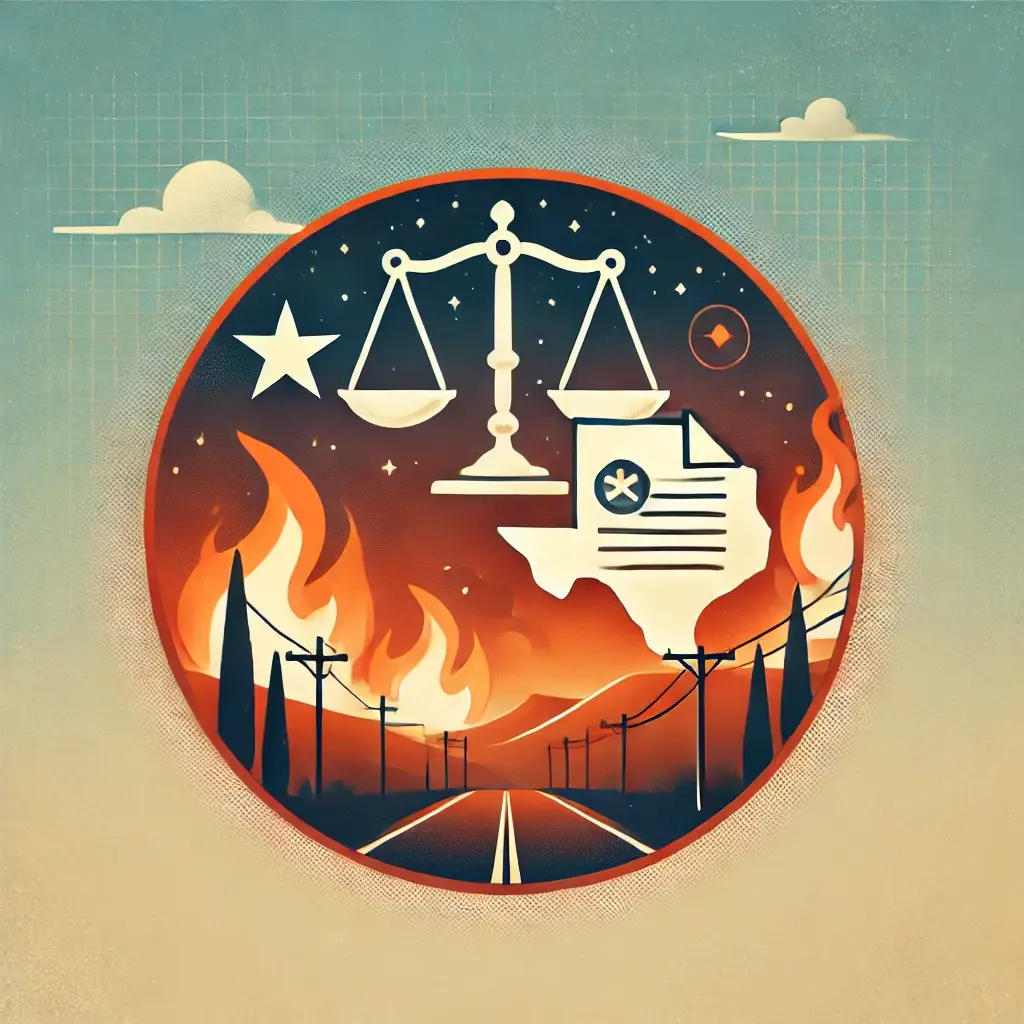Certain groups of people are more vulnerable to injury and death in car accidents than others. Learn who they are and what you can do.
So, continuing our conversation about the NHTSA and vehicle safety, this week we’re discussing what they call “vulnerable occupants.”
Now it’s pretty simple what vulnerable occupants are: people in your vehicle who are more susceptible to injury.
That could be the obvious ones like senior citizens and children. And it could be less obvious groups like obese occupants and unattended children.
Texas leads the nation in deaths with children in unattended vehicles.
We’re very proud of our state, but this is one blemish on our record. Unfortunately, from 1998-2014, we experienced 95 deaths by children in unattended vehicles, ranking us #1 in the nation. Florida ranks #2 with 68. And California, even though it has 12 million more people, has less than half our total, with 43 (ranking them 3rd). These stats come from Jan Null of the Department of Meteorology & Climate Science at San Jose State University.
NHTSA actually works on “Unattended Child Reminder Systems,” making recommendations for these systems to be safer. Now, this situation actually boils down to your responsibility.
You should never let your children be in your car alone…ever.
The one case where it’s somewhat justifiable is if you just have to run into the grocery store or post office for a few minutes. But even just a couple minutes leads to heat stroke or death. So just play it safe and always take your children with you. Or drop them off at home if they’re being rowdy, and go back to the store later.
What about obese people? What safety issues do they face?
It’s no secret: Americans are more overweight than ever. But, there’s hope on the horizon. An internal memo from media outlet Advertising Age says McDonald’s isn’t even among the top 10 most popular restaurants for people 19-30.
Popular car information website Edmunds says “morbidly obese individuals are 56 percent more likely to die in a car crash than normal-weight individuals.” “Morbid” obesity is when someone is 100 pounds over their normal body weight, has a BMI of 40 or more, or a BMI of 35 or more and experiences high blood pressure or diabetes. And a Berkeley study found morbidly obese female drivers were twice as likely as their male counterparts to die in car crashes.
The causes of the higher risk of death for obese people are straightforward:
- Many wear their seatbelts the wrong way or not at all
- When crashes happen, higher BMIs increase your risk of upper-extremity injuries
- Loose seatbelts contribute to more mobility on impact, which means knee, ankle, and foot injuries happen more often to obese people
- Crash test dummies most commonly used are of people of average size, from the 1970s, 172.3 pounds for men and 108 pounds for women. So safety tests need updating. Humanetics Innovative Solutions, the only manufacturer of crash test dummies, developed a 273-pound crash test dummy with a BMI of 35 last year for testing.
Oh, and by the way, statistically you want to be slightly overweight in car crashes, as you have a 5% lower risk of death. Normal weight people actually are slightly more likely to die than the slightly overweight.
Strange how statistics work, isn’t it? And now you have a good excuse for eating a whole pizza by yourself!
“Oh don’t mind my eating this gallon of ice cream. I’m just increasing my chances of surviving an auto accident by 5% here.”
See if it works.
If you’re more susceptible to injury, take proper precautions.
We didn’t have time to cover all the different “vulnerable occupants” NHTSA aims to protect with its safety tests. Just remember children, seniors, unattended children, and the obese are more likely to experience injuries.
You don’t want to get involved in either end of a lawsuit (or criminal charge) if possible. So research best safety practices and follow them at all times, no matter how ridiculous they seem.
Wrongful death claims attorneys in Dallas, TX






